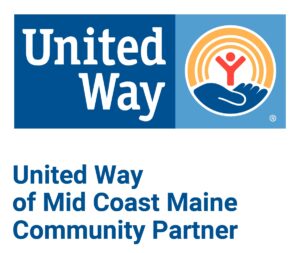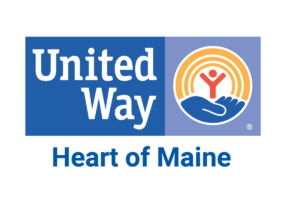Helping teens with dating violence
Teen dating abuse is a prevalent issue in the lives of many teenagers today. Dating abuse or teen dating violence is a pattern of behavior used by a teenage partner to control and cause fear in their teenage partner. This behavior can hurt, manipulate, blame, or injure the teenage victim/survivor. Teen dating abuse can consist of various forms of abuse, such as physical, emotional, and sexual abuse, occuring within the dating relationships of young people from ages 12-18.
Young people learn how to be in relationships from their homes, peers, lessons at school, and what they see in the media. It is important that parents support their teens in helping them understand conflicting messages about relationships and how to create and engage in safe and respectful relationships. It is also important for parents to understand and be able to identify the signs of teen dating violence.

Has your teen...
- Had unexplained injuries?
- Given an explanation for injuries that doesn’t match up with the extent of injuries?
- Been having difficulty eating or sleeping?
- Seemed socially withdrawn?
- Shown a lack of interest in activities/hobbies they were once enthusiastic about?
- Depressed and/or anxious?
If you have answered yes to any of the questions above, your teen may be showing signs that they are being abused by their partner. If you either know or suspect that your teen is experiencing abuse, you may be wondering why they haven’t told you about it. Teens may not disclose the abuse they are experiencing for several reasons. They might be:
- Feeling guilt or shame about the abuse
- Fearful of threats made by their partner if they told anyone about the abuse
- Trying to protect their partner because they don’t want to get them into trouble
- Uncertain of who they can trust if they wanted to tell someone about the abuse
- Unaware that what they are experiencing is abuse
What can you do if you either know or suspect that your teen is being abused by their teen partner?
- It is important to create a supportive and non-judgemental space for your teen to share anything they are ready to share with you about their relationship. It is important to understand that some teens experiencing abuse may have strong feelings of care, concern, or love for their partner and might not be ready to leave the relationship. Confronting your teen about the known or suspected abuse may cause your teen to become defensive about their relationship and they may no longer consider you an individual they can trust and seek support from. If your teen does disclose the abuse they have been experiencing to you, it is important to:
- Thank them for sharing their experiences with you.
- Acknowledge how hard it might have been for them to tell you that.
- Let them know that the abuse wasn’t their fault.
- Express how much you care about them and how much you want them to feel safe.
- Discuss any methods of safety planning that are comfortable for both you and your teen.
- Offer New Hope Midcoast’s helpline number if they would like to seek more support and resources.
Call our helpline
If you are concerned about your teen and have more questions about how best to support them, you can call our 24/7 helpline. Our helpline can provide parents with emotional support and more information and resources about teen dating abuse.
24/7 Helpline Midcoast Maine 1-800-522-3304
24/7 Statewide Helpline
1-866-834-4357
3 “Healthy Relationships for Young Adults.” Love Is Respect, 17 Oct. 2022, www.loveisrespect.org.
New Hope Midcoast Locations
We offer 3 onsite locations serving Sagadahoc, Lincoln, Knox, and Waldo counties in Maine.
MAILING ADDRESS FOR ALL OFFICES:
New Hope Midcoast
P.O. Box A, Rockland, Maine 04841
24/7 Helpline Midcoast Maine 1-800-522-3304
24/7 Statewide Helpline
1-866-834-4357


